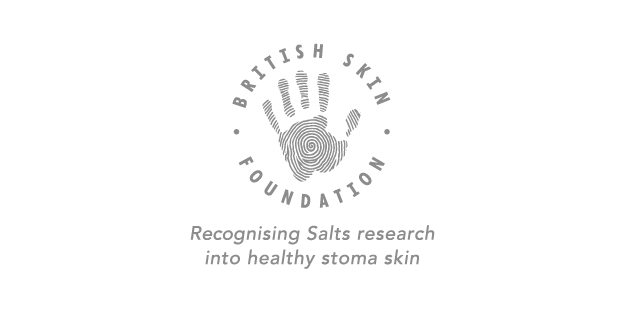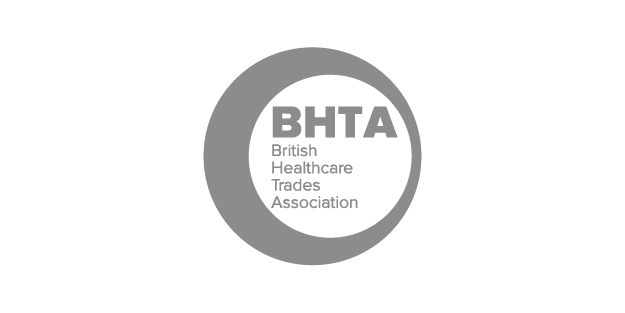Introduction to revalidation
As part of the NMC’s The Code, which became effective from March 2015, all nurses are required to revalidate their registration every 3 years. Revalidation is straightforward and encourages nurses to reflect on the role of The Code in your practice, demonstrating that you are ‘living’ the standards set out within it.
The aims of revalidation are to:
- Improve public protection and professional standards by encouraging a culture of reflection and improvement
- Ensure that nurses and midwives continue to be fit to practise throughout their career
- Give greater confidence to the public, employers and fellow professionals that nurses and midwives are up to date with their practice
- Encourage engagement and challenge isolation
4 themes of The Code
The Code is centred around four themes, with public protection at the core. Together, these themes signify good nursing and midwifery practice.

In advance of revalidation
Register at NMC online and find out your renewal date: www.nmc.org.uk/revalidation Ensure you remain up to date with revalidation developments and tools by checking the above website regularly.
Read The Code, and practise according to its principles.
Revalidation requirements:
You must practise a minimum of 450 hours* over the three years preceding the date of your application for renewal of your registration.
You should ensure that your practice hours reflect your current scope of practice, but they do not have to be related to your original field of practice when you first joined the register. The hours that count towards this requirement are those where you rely on your skill, knowledge and experience as a registered nurse. This may include providing direct care to patients but can also include managing teams, teaching others and helping to shape or run a care service. The NMC recommends using their template to record your hours: revalidation.nmc.org.uk/what-you-need-to-do/practice-hours/
*Those with dual registration must undertake 900 hours
You must have undertaken Continuing Professional Development (CPD), relevant to your scope of practice as a nurse or midwife, over the three years since your registration was last renewed or you joined the register. The number required is 35 hours of CPD, 20 of which must include participatory learning.
You must maintain accurate records of the CPD you have undertaken, and these records must contain:
- The CPD method
- A description of the topic and how it related to your practice
- The dates on which the activity was undertaken
- The number of hours (including the number of participatory hours)
- Identification of the part of The Code which is most relevant to the activity
- Evidence that you undertook the CPD activity
Ideas for CPD - could include any of the following:
- Study days, conferences and workshops
- MDT meetings
- Team meetings
- Shadowing a colleague
- Professional forum discussions
- Social media discussions
- Reading professional journals
The NMC recommends using their template to record your CPD: revalidation.nmc.org.uk/what-you-need-to-do/continuing-professional-development and you can view examples of completed forms and templates which you might find helpful on this same page.
You must obtain 5 pieces of practice-related feedback over the three years prior to the renewal of your registration.
This could be written or verbal, formal or informal and might come from:
- Your manager at your appraisal
- Your peers and colleagues - not only nurses
- Patients - in the form of:
- Satisfaction audits
- Real-time feedback
- Complaints and what has been learnt from them
- Compliments and thanks from patients
Please note: the NMC states that actual evidence of feedback does NOT need to be submitted. However, it is recommended that you keep a note of the content of any feedback in anonymised form, including how you used it to improve your practice. This will be helpful when you are preparing your reflective accounts.
Again, the NMC has a template to record your feedback, and you can read examples of completed forms at: revalidation.nmc.org.uk/what-you-need-to-do/practice-related-feedback
You must record 5 written reflective accounts over the three years prior to the renewal of your registration. Each reflective account must be recorded on the approved form and must refer to:
- An instance of your CPD, and/or
- A piece of practice-related feedback you have received, and/or
- An event or experience in your own professional practice
...and how they relate to The Code.
NMC online provides a form which sets out the things you need to think about when writing reflections. You MUST use this form to record your written reflective accounts and can store this form electronically or in paper form. The form and examples of reflective accounts can be found at: revalidation.nmc.org.uk/what-you-need-to-do/written-reflective-accounts
You must also have had a reflective discussion with another NMC registrant, covering your 5 written reflective accounts on your CPD and/or practice-related feedback and/or an event or experience in your practice and how this relates to The Code. You must ensure that the NMC registrant with whom you have your discussion signs the approved form, recording their name, NMC Pin, email, professional address and postcode, as well as the date of your discussion.
A guidance sheet and form for you to record your reflective discussion can be found at: revalidation.nmc.org.uk/what-you-need-to-do/reflective-discussion
You must provide a health and character declaration, including declaring any cautions or convictions. You will be asked to declare if you have been subject to any adverse determination that your fitness to practise is impaired by a professional or regulatory body (including those responsible for regulating or licensing a health and social care profession). This declaration can be completed on NMC online.
Further detailed guidance on health and character issues, as well as cautions and convictions, are found at: revalidation.nmc.org.uk/what-you-need-to-do/health-and-character
You must declare that you have, or will have when practising, appropriate cover under an indemnity arrangement. Most employers arrange this for employees.
You will need to demonstrate to a third party that you have met the revalidation requirements. A ‘confirmer’ is being asked to assess whether you have demonstrated that you have met the requirements for revalidation, not whether you are fit to practise. A confirmation form is available online at NMC, but it is recommended that you keep the completed and signed form in your portfolio: revalidation.nmc.org.uk/what-you-need-to-do/confirmation
If the ‘confirmer‘ is a registered nurse or midwife:
- The reflective discussion and confirmation discussion can happen with the same person
- It is recommended that this process happens at one meeting, for example: at an annual appraisal
When the ‘confirmer‘ is not a registered nurse or midwife:
- The reflective discussion with another NMC-registered nurse or midwife must happen first
- The confirmation discussion will need to happen after all other requirements are met
Who is a suitable confirmer?
An appropriate confirmer is your line manager, and the NMC strongly recommend you obtain confirmation from your line manager wherever possible. They do not have to be an NMC registrant.
Forms and templates
All of the forms and templates you will require can be found on the NMC revalidation website: Visit NMC website here
Applying for revalidation
You will receive at least 60 days' notice before revalidation is due. You have these 60 days in which to log into NMC online to complete the revalidation application form. Remember that you will need to have all of the supporting evidence from your revalidation portfolio to hand when you start your online application.








